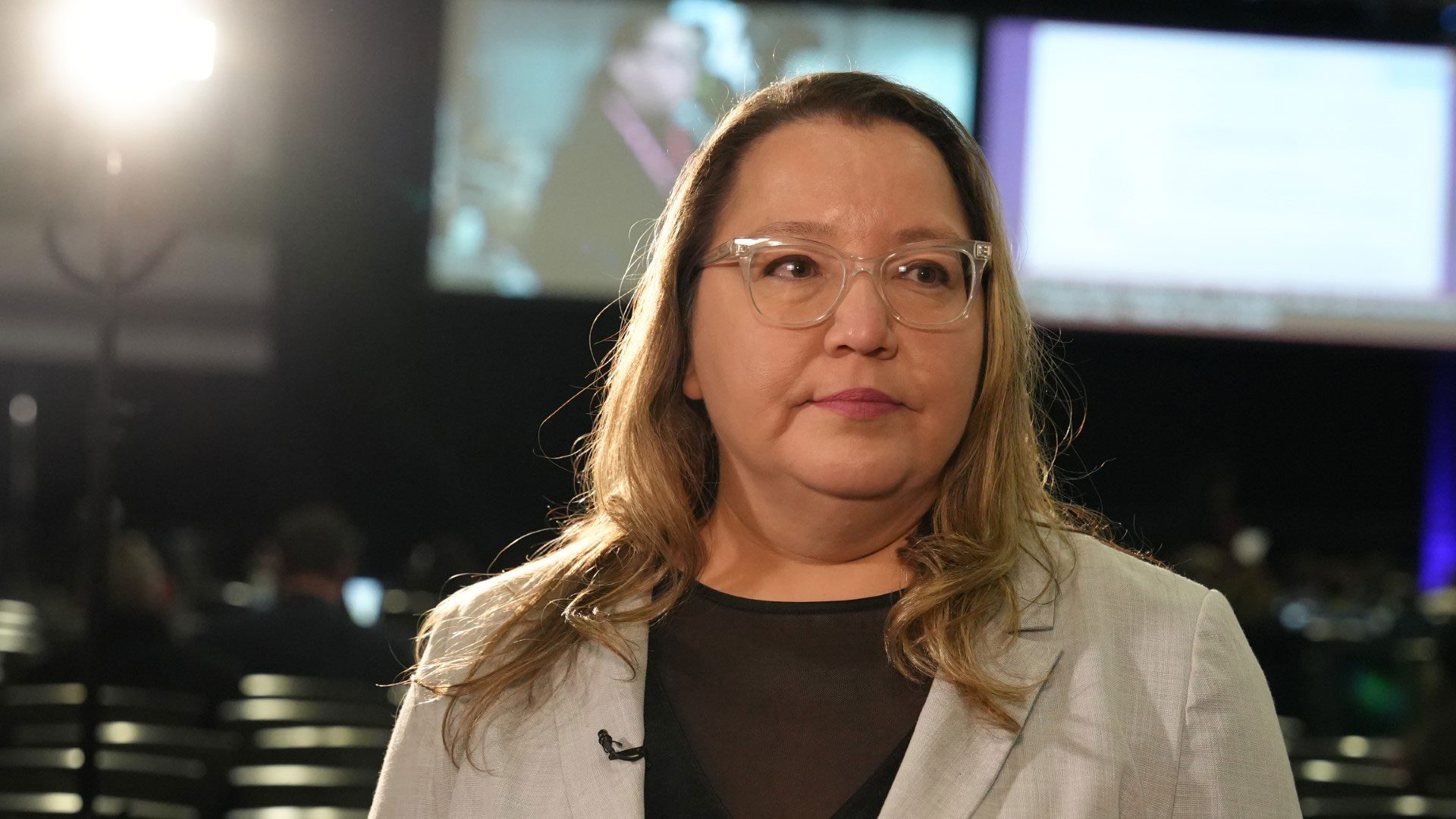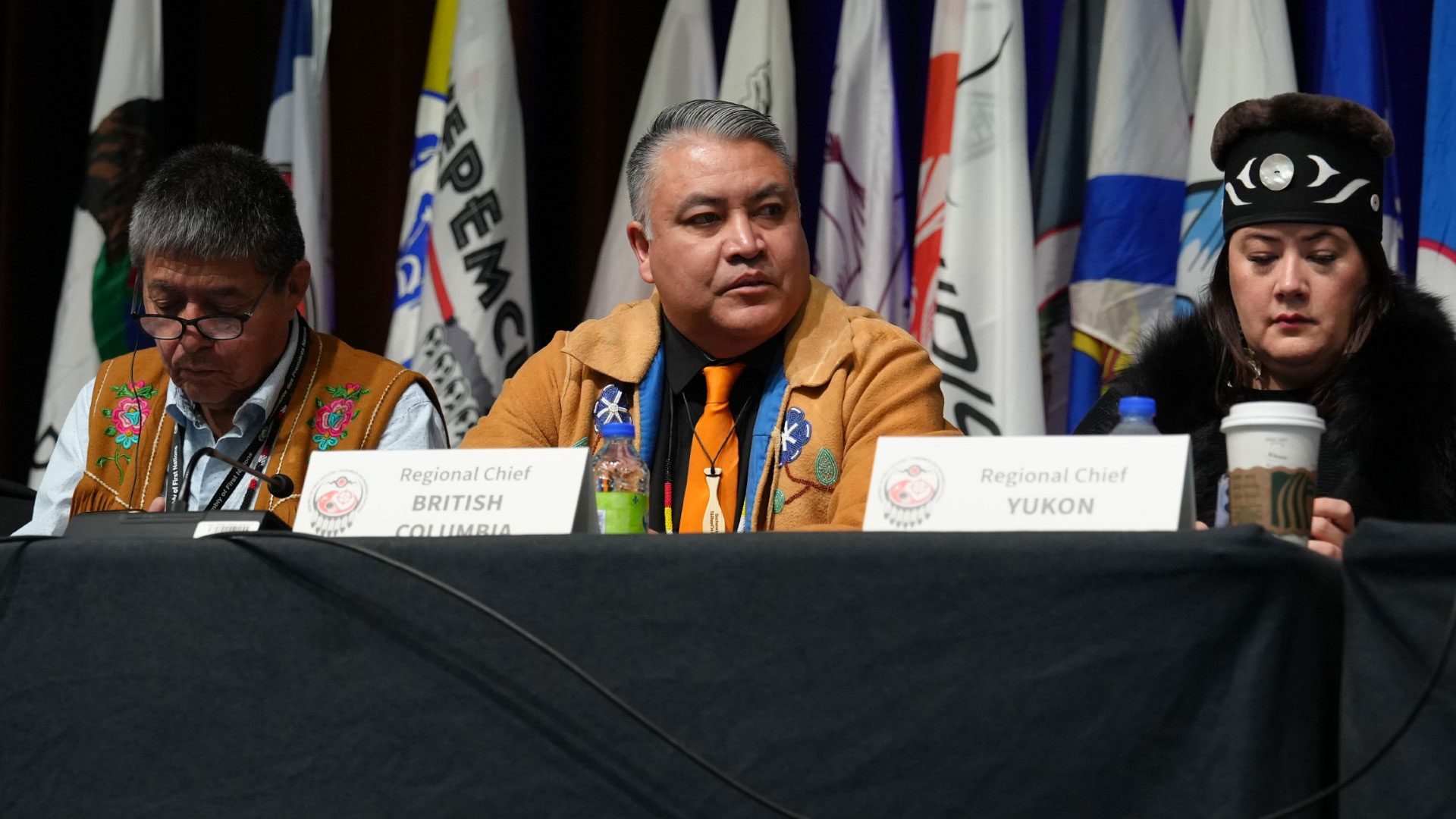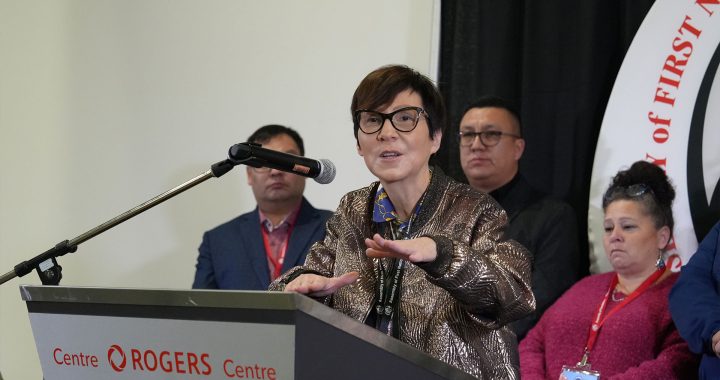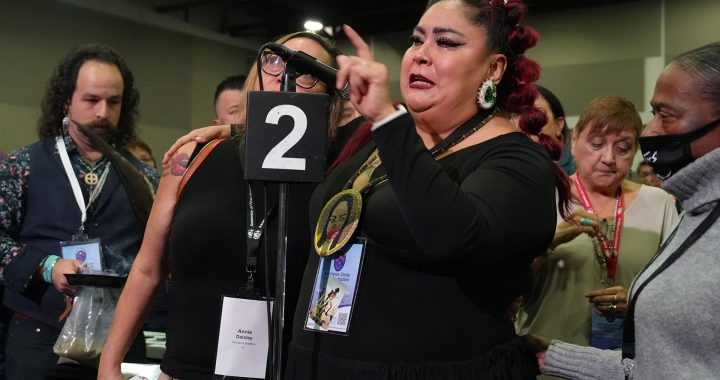The annual December gathering of the Assembly of First Nations is in the books but what remains to be seen is whether a rift over how best to achieve child welfare reform can be bridged.
At a Special Chiefs Assembly in Calgary in October, First Nations leaders voiced displeasure that the First Nations Child and Family Caring Society (Caring Society) was not part of negotiations that led to a $47.8 billion dollar proposed agreement on long-term reform in the First Nations child welfare system.
The final settlement agreement, or FSA, was reached between Ottawa, the AFN, Chiefs of Ontario and Nishnawbe Aski Nation this summer but chiefs ultimately voted it down in Calgary after complaints the negotiation process was not transparent enough, funding was not guaranteed if there was a change in government and it lacked proper regional representation.
National Chief Cindy Woodhouse Nepinak blamed the defeat on child welfare agencies for running a “campaign” to defeat the agreement.
The public blaming prompted chiefs at this week’s assembly to include an apology to First Nations child welfare agencies in one of three resolutions directing the AFN on where to take its negotiations with Canada.

During an interview with Nation to Nation, AFN National Chief Cindy Woodhouse Nepinak was asked when this apology might happen.
“I think that was an issue between legal and probably other people in the country when it comes to that issue,” Woodhouse Nepinak said. “It was maybe comments made – I mean of course they represent First Nations child welfare agencies and the Assembly of First Nations represents First Nations and I know sometimes there’s that split there.”
Early in the afternoon, chiefs from Manitoba were joined by Cindy Blackstock, executive director of the Caring Society to talk about Canada’s actions regarding Jordan’s Principle, a program that is supposed to help First Nations children in need. Media asked Blackstock about the resolution and the apology.
“I don’t need any personal apology but I do think that we need to really value people out there on the front lines working with First Nations children and their families,” she said. “That is really a key piece is to really honor them, uplift them, support them and also look at how we can change these models to reform – to really meet children’s needs over time.”
Woodhouse Nepinak also reflected on her first year as national chief saying there is always room for improvement with better communication and she remains committed to improving the lives of First Nations children both on and off reserve.
It also appears disagreements between the national chief and some AFN executive members have been smoothed over at least for now.

Terry Teegee, regional chief for the AFN in British Columbia, was one of the members who took Woodhouse Nepinak to task for not consulting the executive before signing the final settlement agreement on long-term reform in child welfare and for asking the NDP to withdraw proposed amendments to the First Nations clean drinking water act.
“It wasn’t necessarily issues with the national chief,” Teegee said. “I think it was just issues with in terms of process between the national chief’s office and the secretariat and how the executive relate with each other and I think better communications.”
Teegee stressed it is important the AFN executive always remember they work for all chiefs across Canada and they need to ensure regional representation when negotiating agreements with Ottawa.
New book from George Erasmus
Georges Erasmus has a new book out about his more than 50 years of First Nations activism called Hòt’A! Enough.
Erasmus has a long history of activism including serving as past national chief of the Assembly of First Nations, co-chair of the Royal Commission on Aboriginal Peoples and chair of the Aboriginal Healing Foundation.
He said it is a period that contains many pivotal moments.
“There were a lot of important things that happened over that period of time that we can’t underestimate,” Erasmus said. “Changing the British North America Act to become the Canadian Constitution and adding Section 35 in there. Plus, the equality clause and so forth. I think that recognition of putting Aboriginal and treaty rights in there was very important and it is going to become very important in the future.”
Erasmus also mentioned the Royal Commission on Aboriginal Peoples, getting governments to adopt a process of negotiating modern treaties and the creation of the Aboriginal Healing Foundation as other significant moments.












